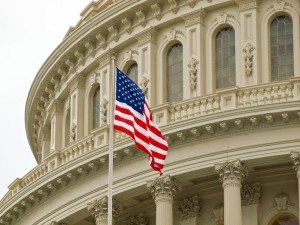“Much of the ACA’s tax effect resembles unemployment insurance: both encourage layoffs and discourage people from returning to work. The ACA’s overall impact on employment, however, will arguably be larger than that of any single piece of legislation since World War II.
•The ACA’s employment taxes create strong incentives to work less. The health subsidies’ structure will put millions in a position in which working part time (29 hours or fewer, as defined by the ACA) will yield more disposable income than working their normal full-time schedule.
•The reduction in weekly employment due to these ACA disincentives is estimated to be about 3 percent, or about 4 million fewer full-time-equivalent workers. This is the aggregate result of the law’s employment disincentives, and is nearly double the impact most recently estimated by the Congressional Budget Office.
•Nearly half of American workers will be affected by at least one of the ACA’s employment taxes—and this does not account for the indirect effect on others as the labor market adjusts.
•The ACA will push more women than men into part-time work. Because a greater percentage of women work just above 30 hours per week, it is women who will be more likely to drop to part-time work as defined by the ACA.”
You are here:








